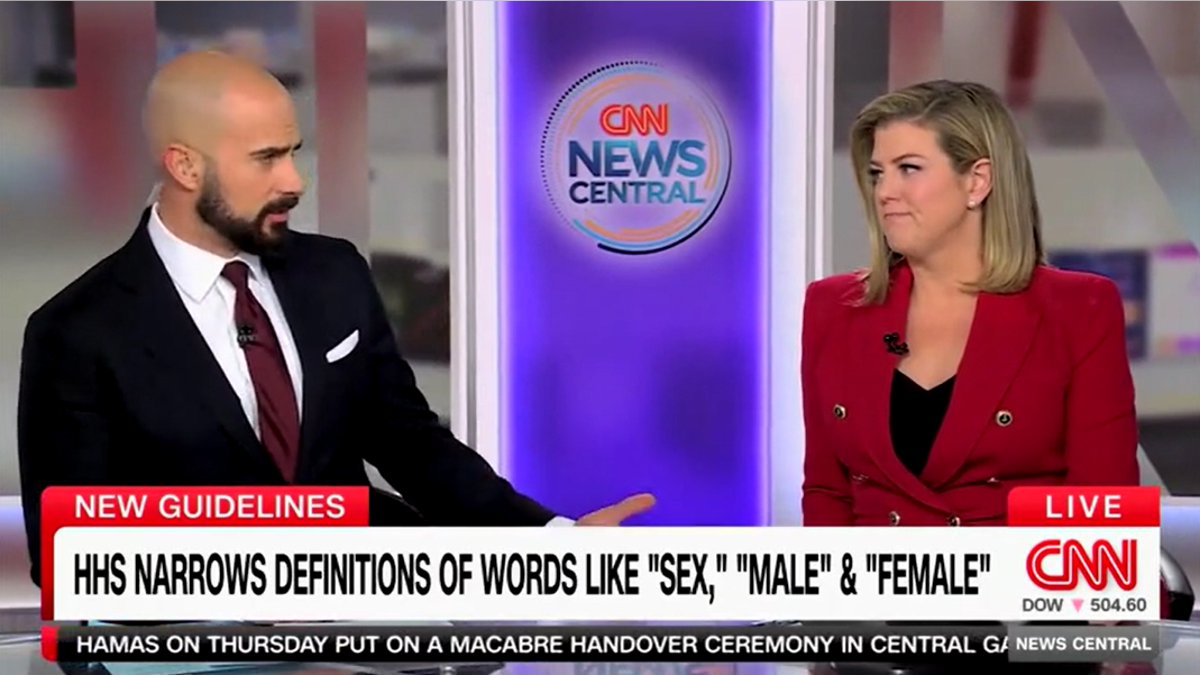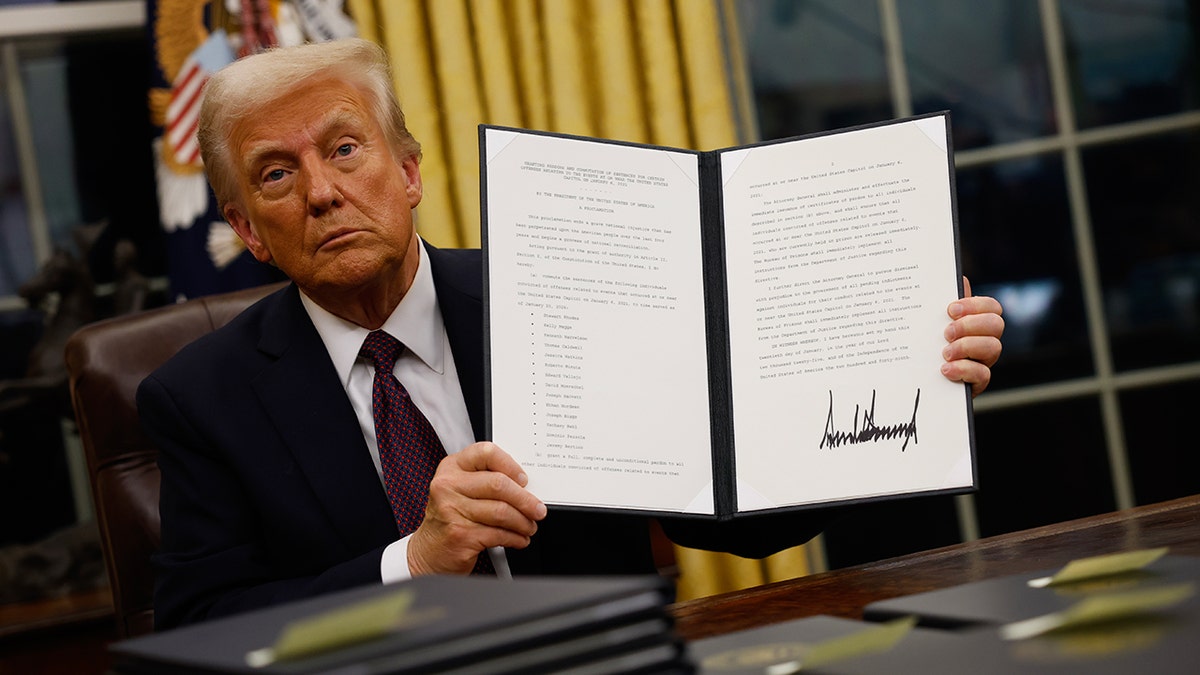

CNN hosts derided Health and Human Services (HHS) Secretary Robert F. Kennedy Jr.’s new guidance on biological differences between men and women, claiming such "new definitions" are more restrictive than those used by "most scientists."
The HHS released guidance Wednesday to implement sex-based definitions across the federal government and partners to expand on President Donald Trump's executive order signed last month titled, "Defending Women from Gender Ideology Extremism and Restoring Biological Truth to the Federal Government."
The guidance states that it "recognizes there are only two sexes: male and female. HHS will use these definitions and promote policies acknowledging that women are biologically female and men are biologically male." It goes on to specify that a male is a person "of the sex characterized by a reproductive system with the biological function of producing sperm" and a female is a "person of the sex characterized by a reproductive system with the biological function of producing eggs (ova)."
CNN host Brianna Keilar, however, argued, without evidence, that "most scientists" use less restrictive definitions.

CNN hosts Brianna Keilar and Boris Sanchez hostes a segment that expressed skepticism about the new HHS guidance.
"In one of Robert F. Kennedy Jr.‘s first moves as secretary of Health and Human Services, the agency has released new guidance that gives a narrower definition of sex than the ones used by most scientists," Keilar said Thursday.
Co-host Boris Sanchez added, "This language aligns with an executive order that President Trump signed last month and includes new definitions for words like ‘sex,’ ‘female,’ ‘woman,’ ‘male,’ ‘man’ and more."
CNN health reporter Jacqueline Howard joined the show to offer her observation that the guidance "defines sex as, ‘a person‘s immutable biological classification as either male or female.’ So this means this definition cannot change. And a woman is defined as an adult human female and a man as an adult human male. So that‘s what the guidance states that was just recently released."
Howard also claimed that "some" unnamed critics are speaking out against these definitions.

President Donald Trump signs executive orders in the Oval Office on January 20, 2025 in Washington, DC. (Anna Moneymaker/Getty Images)
"Now in response, Boris and Brianna, we are hearing from some critics who say the new definitions fail to account for people like those who are intersex. Up to 2% of the U.S. population is born intersex, meaning that their reproductive anatomy does not really fit the male-female binary," she said.
"And then there‘s other criticism saying that this perpetuates discrimination against the trans community, and this could lead to discriminatory policies and practices. "So we are seeing these responses in the wake of this new guidance being issued," she added.
When asked what the "real-world consequences" might be for patients and doctors, Howard said there wouldn't be any more data from this community, again citing unnamed "critics."

HHS Secretary Robert F. Kennedy's latest guidance follows President Donald Trump's executive order from last month. (Getty Images)
"Critics say the real-world consequence can be seen in research, for instance," Howard said. "When it [comes] to collecting data and surveying patients who are either intersex or transgender, that means that they would not fall under these new definitions in research and in data.
"So there‘s concern here that we could lose data in this space. We could lose research in this space. And some doctors and patients could face the real-world consequences of that. And that‘s why we are seeing a lot of criticism here when it comes to responding to these new definitions."
